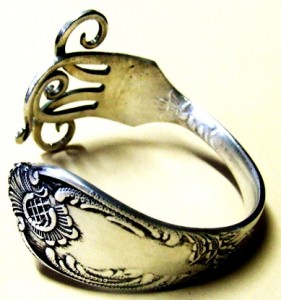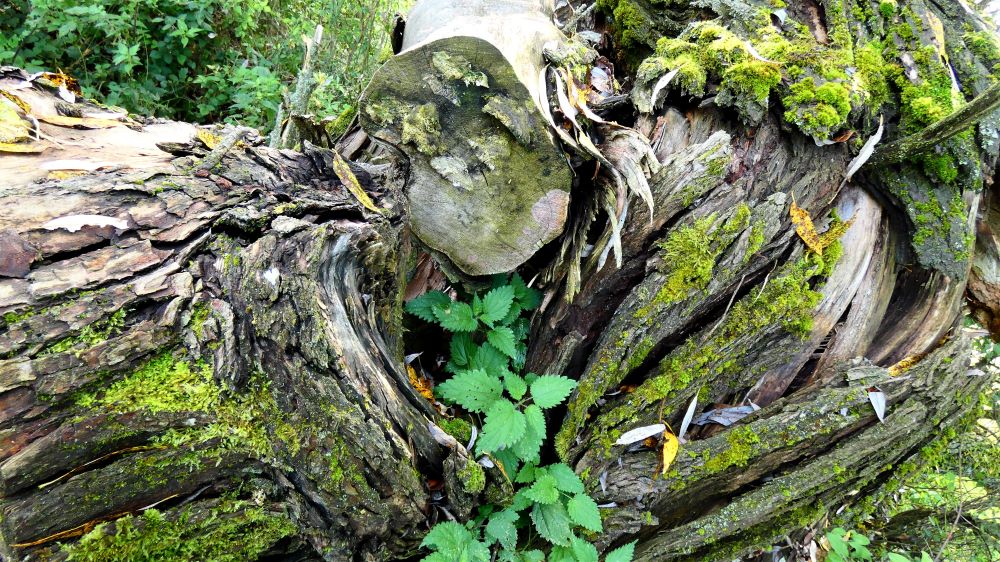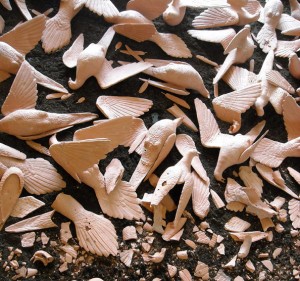Casimir commenced work on a dark, earth-shaking work—a horror novel straightaway. Only before long he was seized by the misapprehension that because the novel was unmasking Evil the dead were angry, and they were doing all they could to ensure that the work would never reach print.
Translated by Tim Wilkinson
 The Villa had stood in good repute from the outset, over which time many fashions had swept across the world. Accordingly, a wide assortment of eccentrics had passed though its doors. Realists, idealists, bigots, snobs, pacifists, spiritualists—one would have trouble listing them all. A Villa regular in the early Thirties was Casimir Spieler, in his day a very well-known figure, a truly curious young man, whom one might perhaps best categorize as an occultist. He carried magic stones in his pocket; he was embarking on a career as a writer and, one must admit, did everything he could to further that cause. That included not shrinking from magic. But at the same time he worked maniacally; to begin with in a small rented flat in Kispest, later on in sundry coffee houses, but in the end exclusively in the Villa Bagatelle. Many writers created there for the simple reason that that was where they felt comfortable and could be drawn into productive shape under the pear tree in the garden. Handy though this might be, it would nevertheless be untrue to state that this was why young Spieler decided on the Bagatelle. The question is, therefore, what else, if not the appeal of the place, induced him to stay?
The Villa had stood in good repute from the outset, over which time many fashions had swept across the world. Accordingly, a wide assortment of eccentrics had passed though its doors. Realists, idealists, bigots, snobs, pacifists, spiritualists—one would have trouble listing them all. A Villa regular in the early Thirties was Casimir Spieler, in his day a very well-known figure, a truly curious young man, whom one might perhaps best categorize as an occultist. He carried magic stones in his pocket; he was embarking on a career as a writer and, one must admit, did everything he could to further that cause. That included not shrinking from magic. But at the same time he worked maniacally; to begin with in a small rented flat in Kispest, later on in sundry coffee houses, but in the end exclusively in the Villa Bagatelle. Many writers created there for the simple reason that that was where they felt comfortable and could be drawn into productive shape under the pear tree in the garden. Handy though this might be, it would nevertheless be untrue to state that this was why young Spieler decided on the Bagatelle. The question is, therefore, what else, if not the appeal of the place, induced him to stay?
Casimir commenced work on a dark, earth-shaking work—a horror novel straightaway. Only before long he was seized by the misapprehension that because the novel was unmasking Evil the dead were angry, and they were doing all they could to ensure that the work would never reach print.
He left the manuscript of the first draft on a bus. Days later he read that a bus had run free and plunged into the Danube. He was convinced this must have been precisely the one on which the manuscript had been left. A few weeks later he and a girlfriend overturned whilst canoeing on the Ráckeve side-branch of the Danube, as a result of which the river swallowed up a second version, for Casimir, one needs to know, took the manuscript everywhere. The girlfriend had escaped, but even that was no consolation. After many more incidents of this kind, one day he decided not to take the work with him on the grounds that it would anyway be lost or submerged or plucked from his hand by a gust of wind.
By the time he got back home the flat had burned down and a seventh version had gone up in smoke. Casimir took it as gospel that the Villa Bagatelle was the one place in the city where the furious spirits were unable to harm him. He laboured assiduously for a whole year at a table reserved for him in the winter garden, but only when he was raising a glass of champagne to celebrate finishing the novel did it occur to him to wonder how he was going to get it out of the Villa, for the moment he stepped outside he was sure to be struck by a bolt of lightning.
“That’s what comes of writing about the nature of Evil,” he declared self-importantly and with more than a trace of affectation, whereupon a pretty and naïve waitress advised:
“You can safely leave the book here; it can’t do us any harm. Go back home and write another one about the nature of Good—or do you know nothing about that?”





